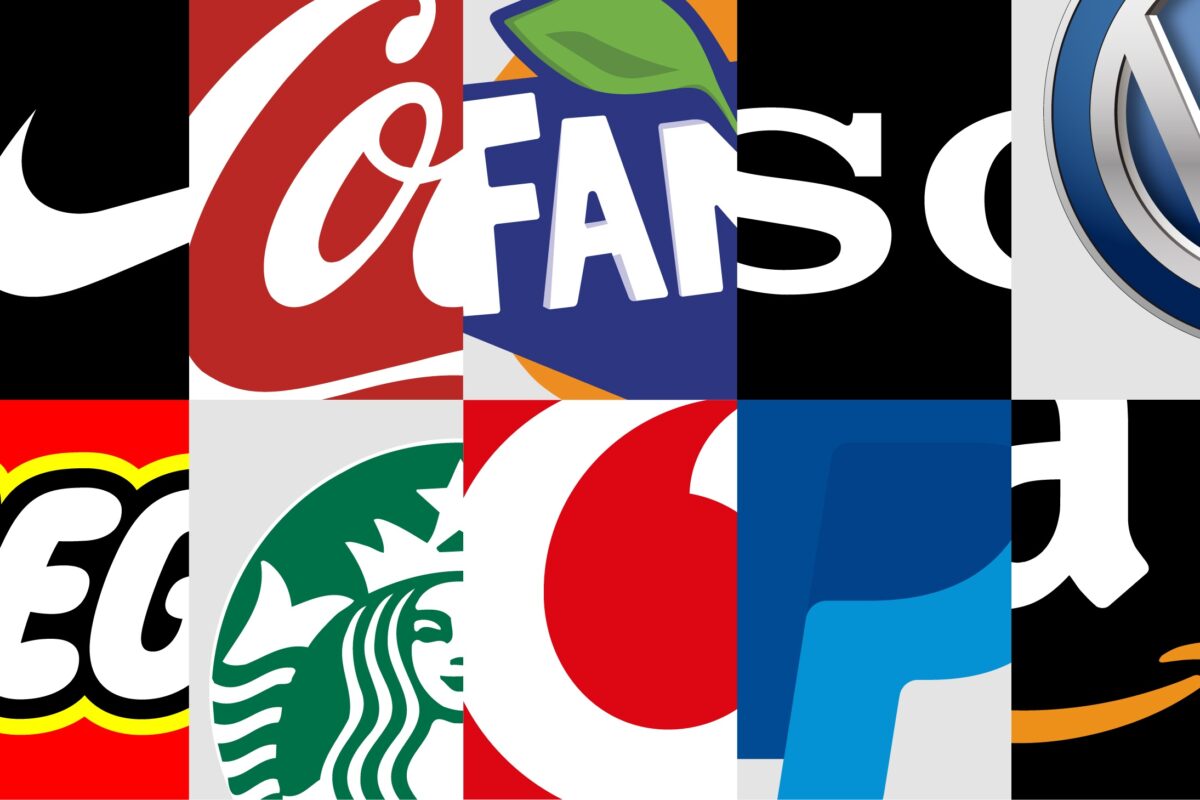“Google it.” “Did you Xerox the report?” “Please FedEx it.”
Once upon a time, using a brand name as a verb was verboten. It was behavior that would drive a trademark lawyer crazy.
But more and more marketers are deciding that the pinnacle of branding is to become part of the language – in effect, having your trademark substitute in everyday usage for the type of action or service that your mark identifies. Could there be, they argue, any clearer expression of a brand’s leadership?
“Skype me when you get to Lisbon.”
“Did you TiVo the awards show?”
“Dad’s outside, Simonizing the car.”
In other words, just verb it!
The proper care and feeding of trademarks occupied an entire chapter in our 2004 book The Making of a Name (Oxford University Press). The International Trademark Association, for instance, advises never using a trademark as a verb: “Trademarks are products or services, never actions.”
The internet generation, though, is increasingly casual about naming protocols. Who other than a trademark attorney would say, “Let’s look it up on the Google brand search engine,” or “Let’s go in-line skating with Rollerblade in-line skates.” Get real.
Once upon a time, Xerox ran advertisements in magazines targeted to journalists and editors. “There are two R’s in Xerox,” said one famous headline, referring to the trademark “R” and reminding journalists not to use Xerox as a lower-case noun or verb.
Allow the use of your brand name generically, barristers would warn, and you lose – over time – your trademark rights. ’Tis true. Look up common words such as “aspirin” or “escalator” in the dictionary and you’ll realize they were once registered trademarks.
But in today’s hyperactive world, marketers are more concerned about getting known now, today, immediately – more so than weakening their naming rights later on.
Marketing author and gadfly Seth Godin likes to say, “Nouns just sit there, inanimate lumps. Verbs are about wants and desires and wishes.”
Which is why so many marketers encourage the verbifying of their precious brand names – and why so many consumers are so comfortable using them as everyday words.
The Blake Project Can Help: Accelerate B2C and B2B Brand Growth Through Powerful Emotional Connections
Branding Strategy Insider is a service of The Blake Project: A strategic brand consultancy specializing in Brand Research, Brand Strategy, Brand Licensing and Brand Education





4 comments
Jason Lim
June 20, 2011 at 9:36 pm
If a product or service lends itself so well to the customers’ everyday life, it’s only natural they will start using it as a verb. Once it comes to that, it makes no sense to try and stop them. How do you tell all your customers not to use your brand as a verb? You’re better off using your communications to improve trial, conversion, usage, or whatever.
Michael David Gold
June 21, 2011 at 9:57 am
The power of brandverbing (great word!) is undeniable. Which is why brand managers themselves have often encouraged it. Who remembers the 1980’s “Let’s Go Krogering” campaign?
It’s hard to imagine major brands like Kroger, Google or FedEx losing their trademarks simply because no one else would dare try to use them commercially. On the other hand, less powerful brandverbs seem more vulnerable. To use one of your examples, Simonize may have enough awareness as a DIY car finish to become genericized, but not enough muscle to resist the dilution of its meaning. Assuming, that is, that another commercial interest really wanted to co-opt it.
The most vulnerable trademarks may be brand names that come to define a new category just as it develops a strong consumer following. In the absence of brand name competition, consumers naturally embrace the only name in the category as a category descriptor. Without a vigorous, and expensive (especially to a startup brand) legal defense, the emergence of brandverbing in this situation could be disastrous to this kind of trademark owner.
Al Pittampalli
June 21, 2011 at 11:49 am
This is absolutely true. As Tim O’Reilly has said, the enemy is not piracy it’s obscurity. If your name spreads, you win…period.
Jason Lim
June 21, 2011 at 11:40 pm
Al, I believe that’s true to a certain extent. Unfortunately, if everyone knows your name but thinks it refers to someone (or anyone) else, you’re in real trouble. You may end up spending to boost someone else’s sales, and at best all you’ll get is a Thank You.
Comments are closed.